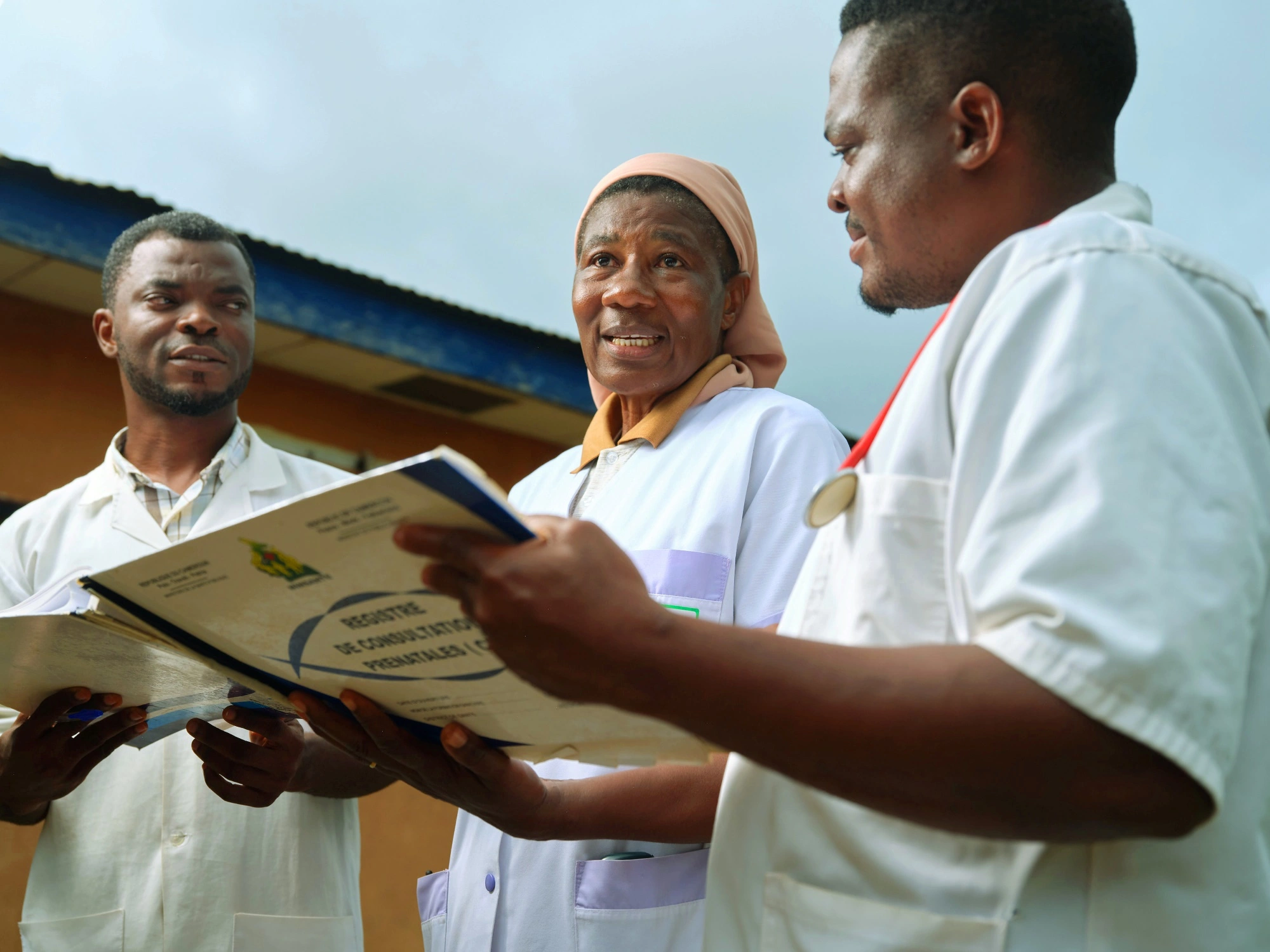
In elementary school, I had classmates with epilepsy. Listening to others I thought, like they said, that it must be some sort of evil spirit taking hold of them. Gradually I started trying to find out who these people are, why they are neglected. We thought the best way to reach these people would be to start visiting the families, given that those who were sick were being hidden. Because we know it’s a disease of shame, no parent wants to have the shame of saying, ‘my child has epilepsy’.
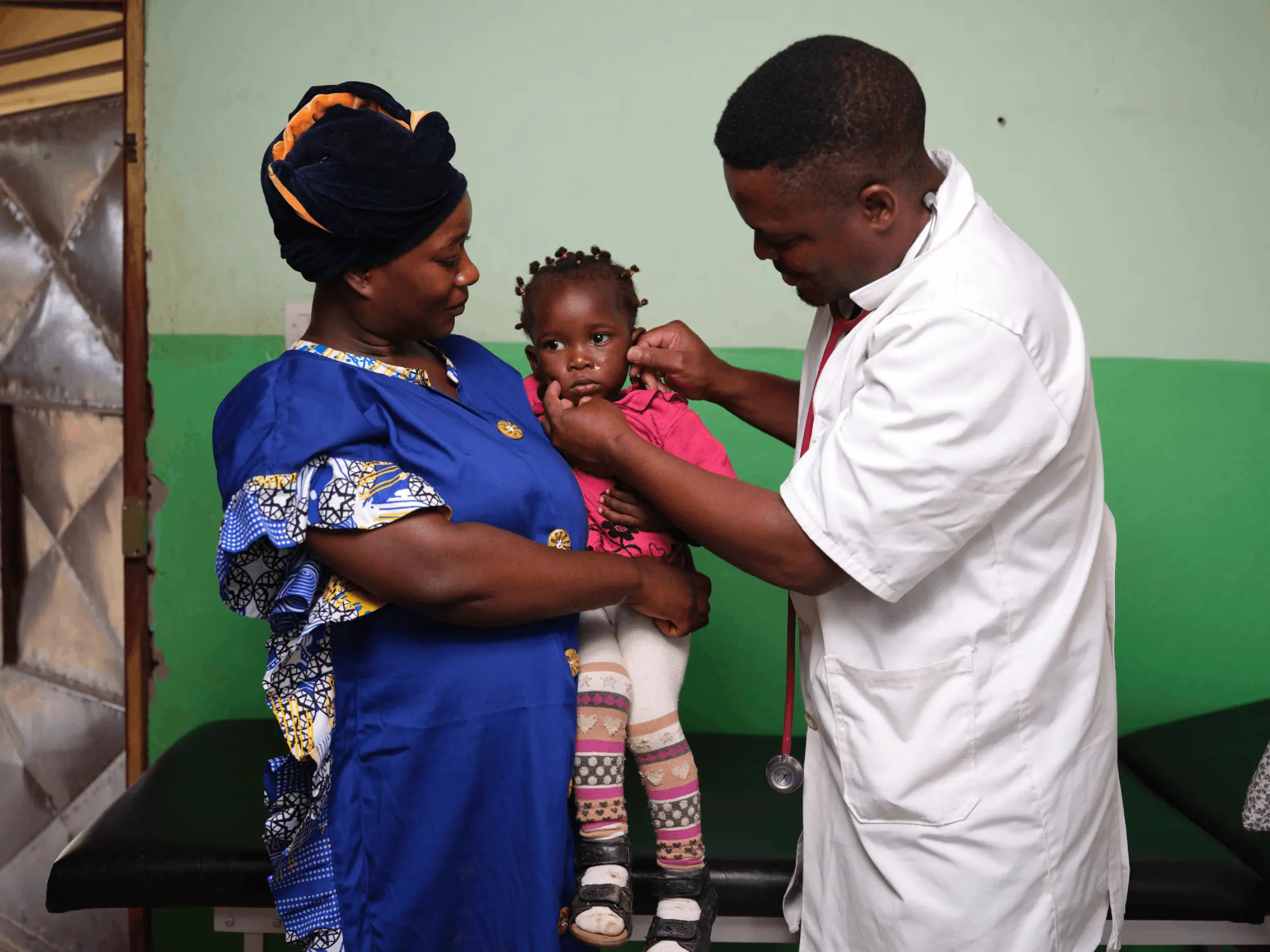
I can’t tell you it was easy. When you first arrive people look at you as if to say: ‘What is she doing here? Is she coming to snoop around?’ We try to start by having a conversation with the parents to tell them we know there is a sick person in their home, while at the same time trying to convince them that the disease can be treated. When they sense that you speak with conviction and see that you trust them, they will also trust you.
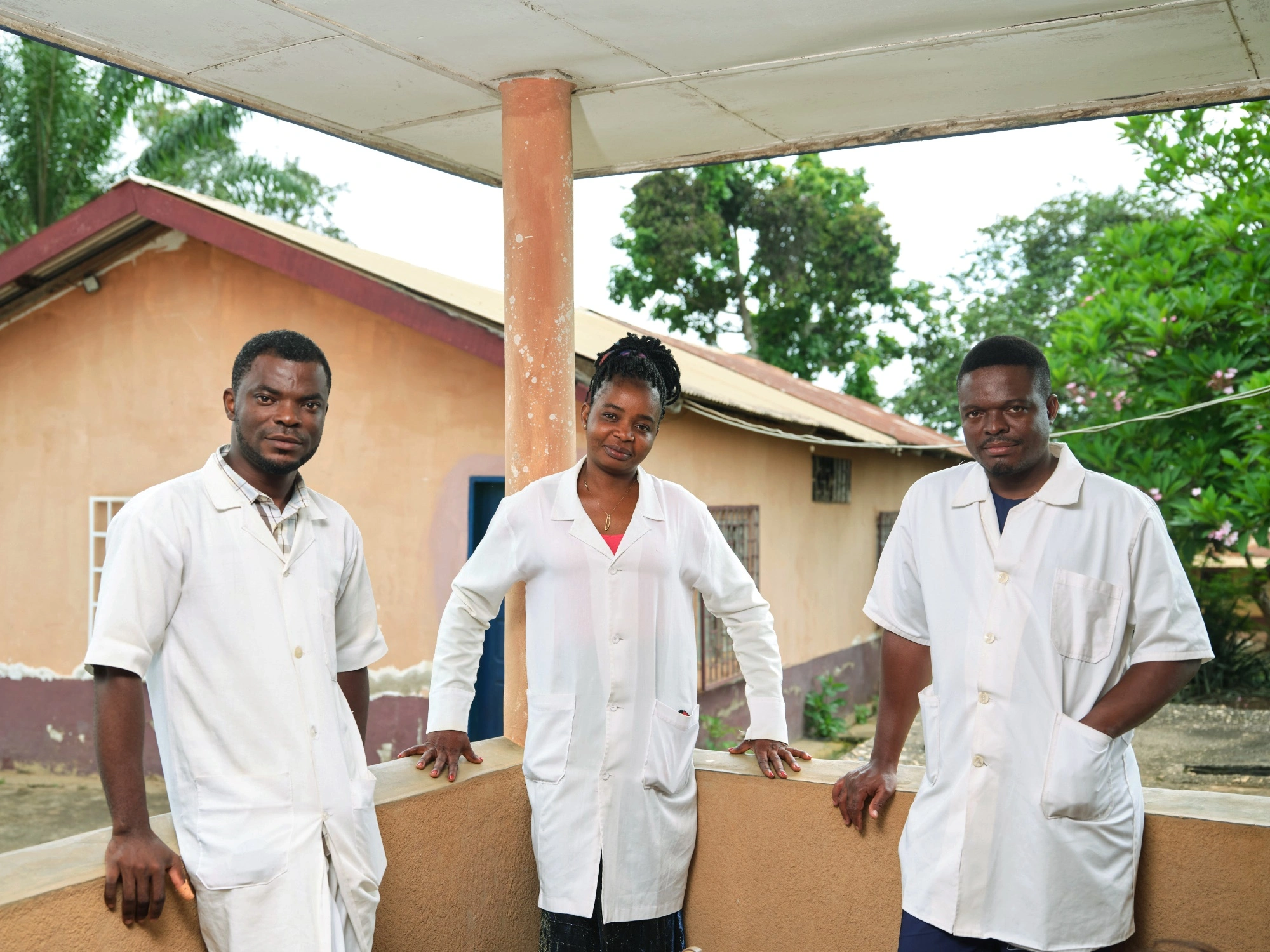
The families always begin by consulting traditional healers — all of them — before they come to hospital. The difficulty then is understanding that the treatment is a long one. The hardest thing is to be able to ensure that medication is always available for these patients and for them to take them regularly so that they can live balanced lives.
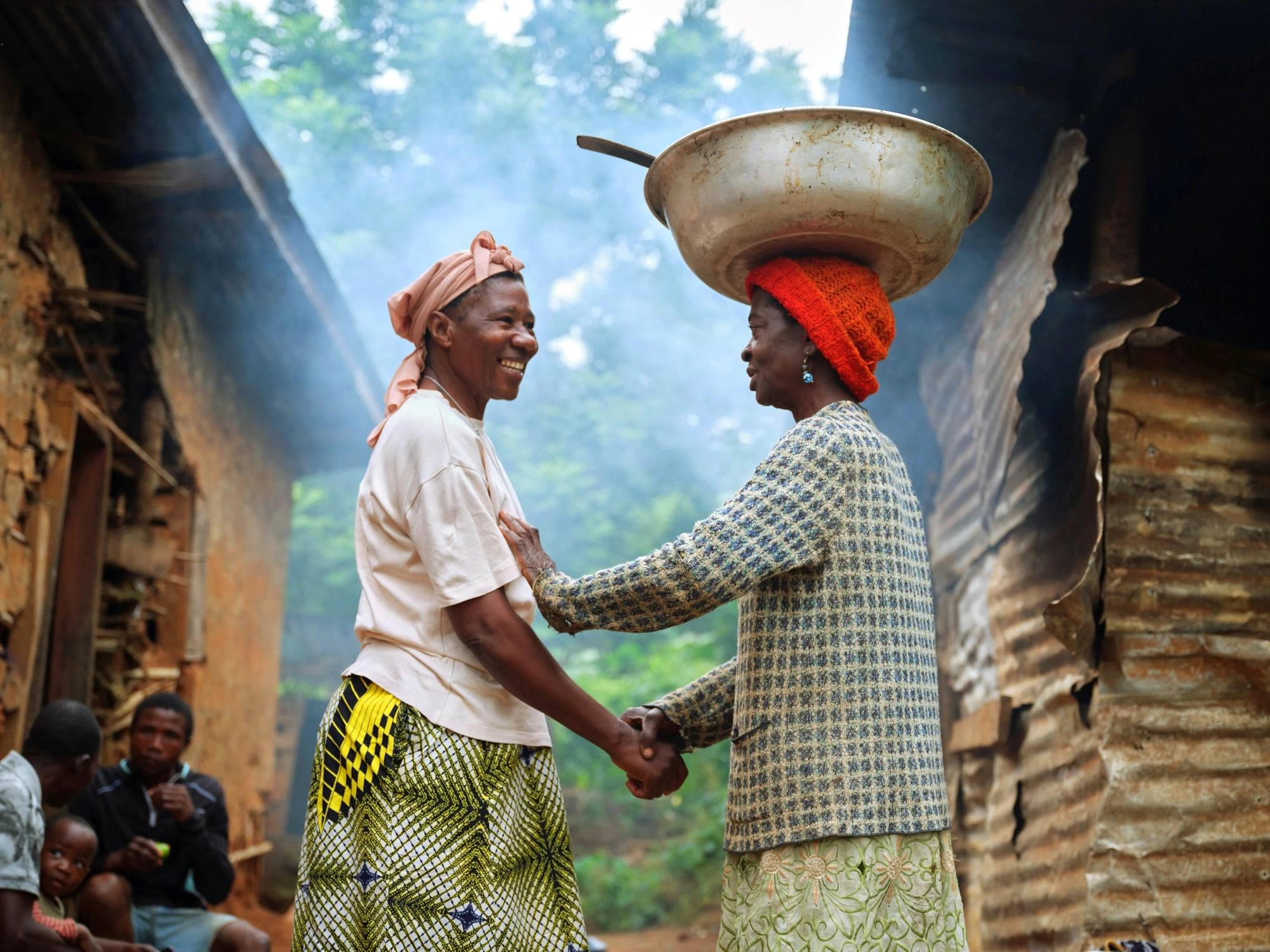
People spoke of witchcraft. They made fun of me. But I made the effort to take my children to hospital,” Adèle says. “It’s thanks to the health center that I got all my children back [to a normal life]. Now, if I didn’t tell you my children were ill, you wouldn’t know.
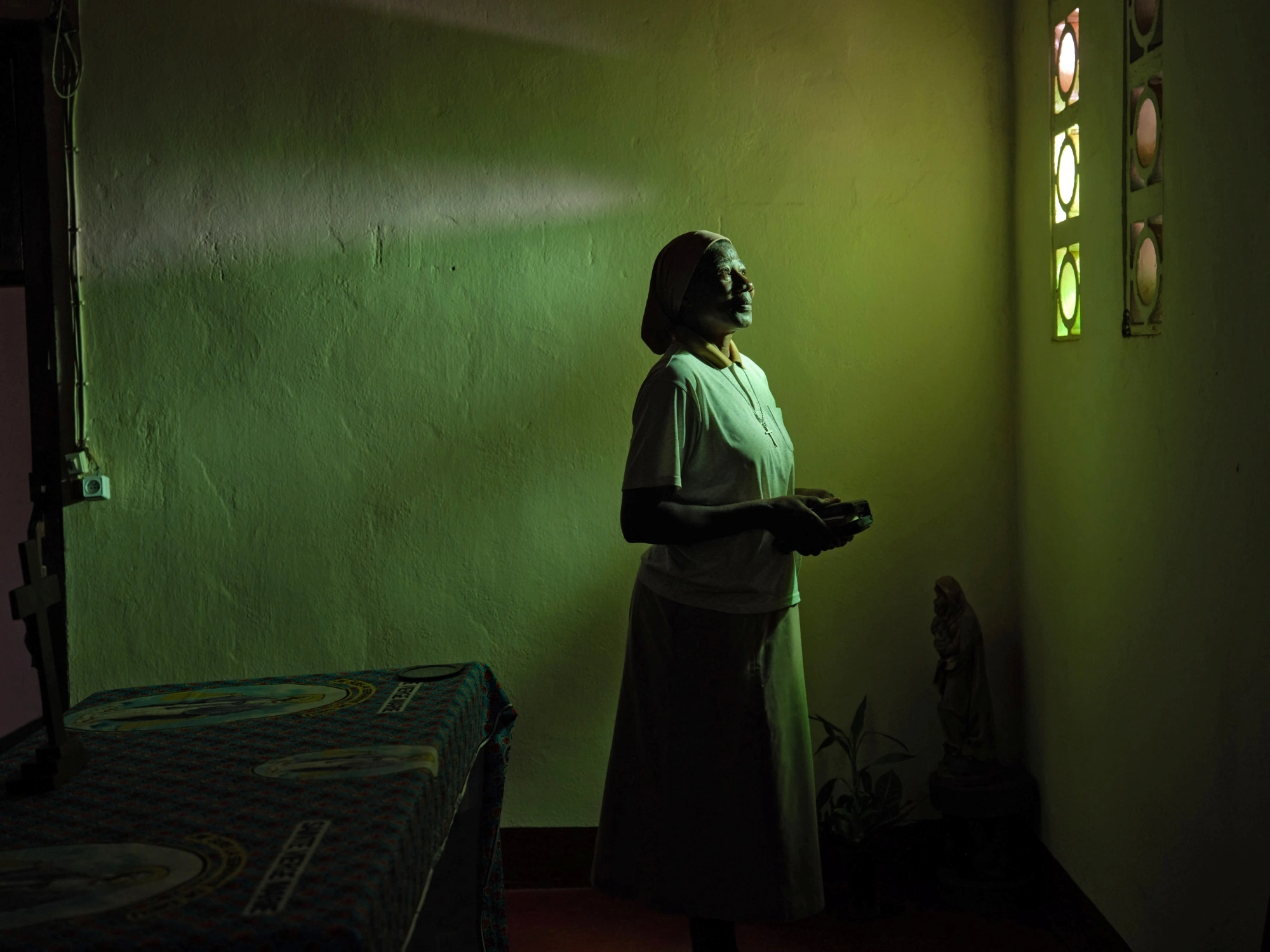
It’s a great joy to know that my very small actions can give or renew life, that is to say the strength and courage for people to feel reintegrated into society.



